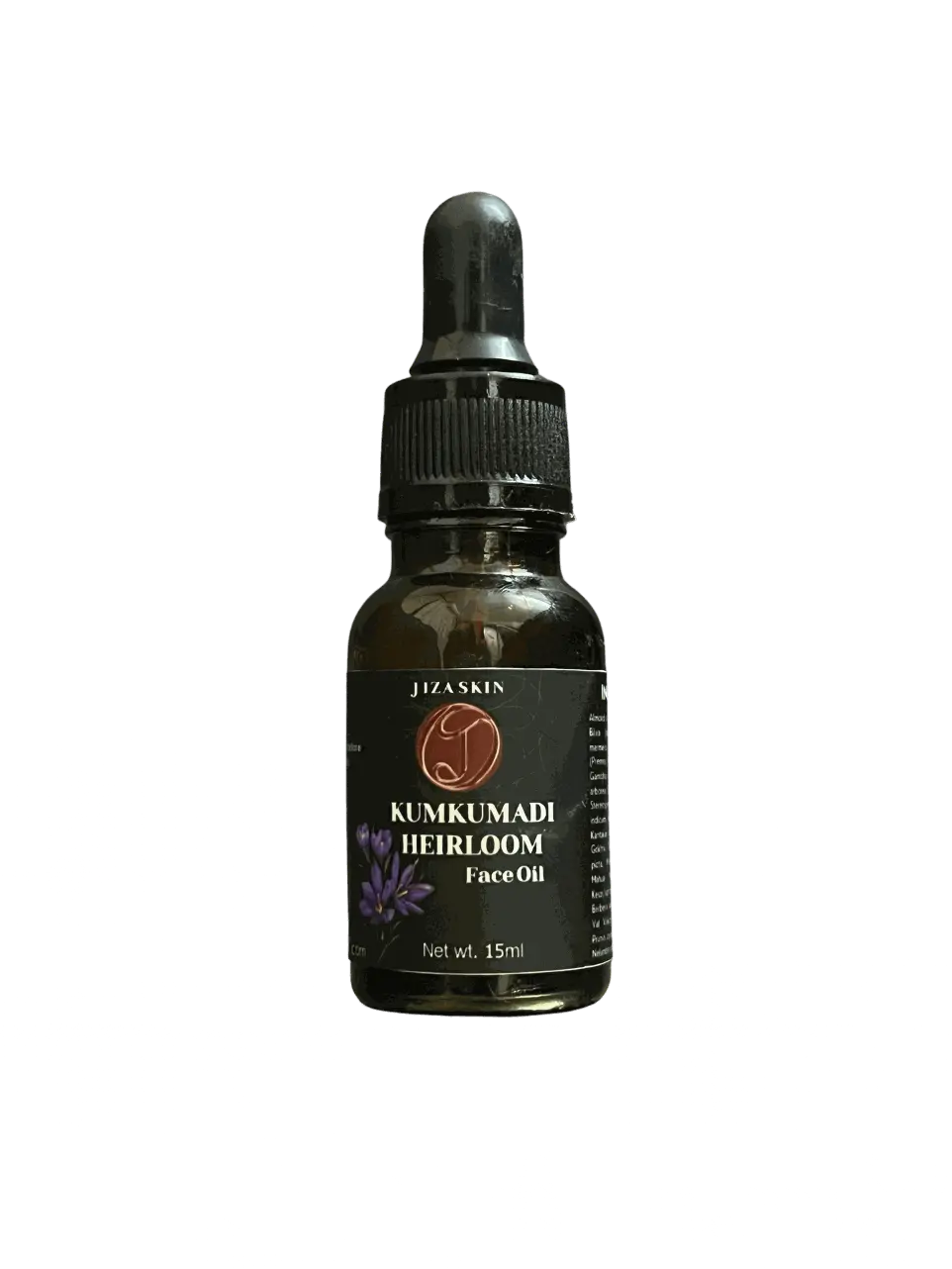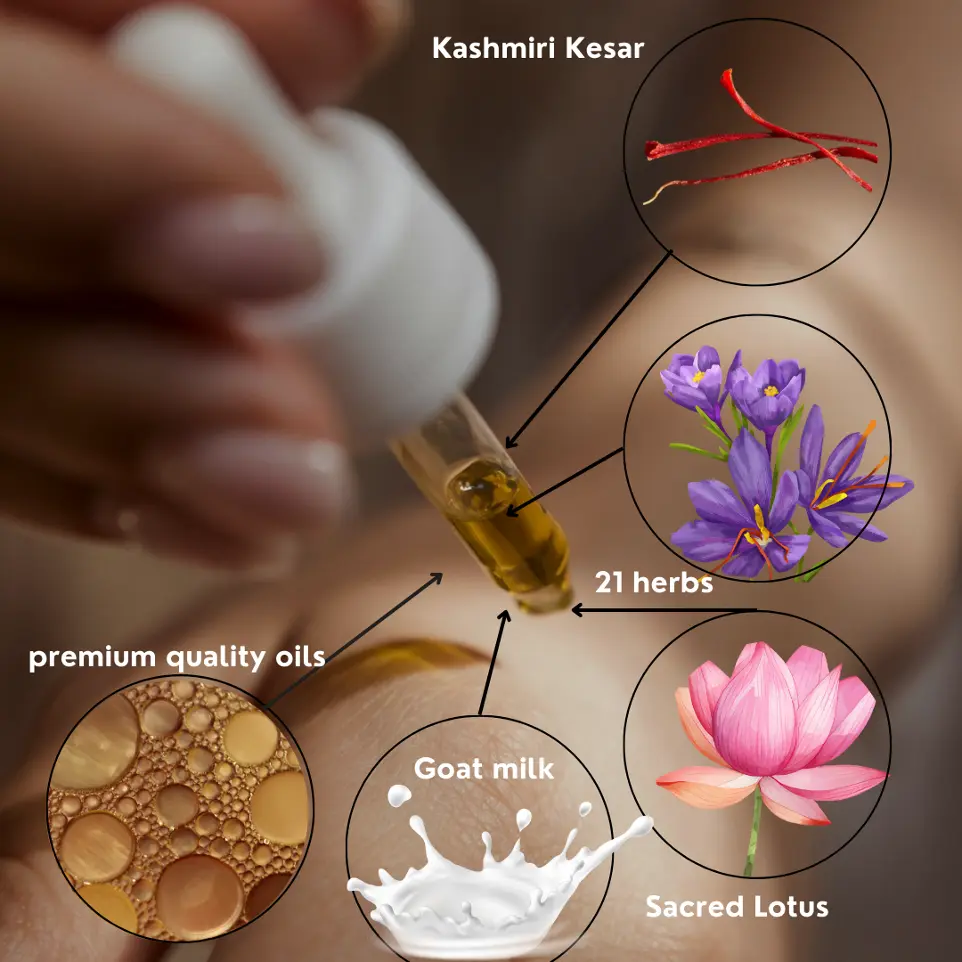We’ve all seen the buzzwords plastered on skincare products: “eco-friendly,” “green,” “clean,” “organic.” They promise to be better for the environment, your health, and your skin. But here’s the alarming truth: many of these labels are nothing more than marketing tricks designed to deceive you. Welcome to the world of greenwashing — where brands claim to be “sustainable” and “natural” without backing it up, leaving you unknowingly paying more for products that harm rather than help.
What is Greenwashing?
Greenwashing is the act of using misleading claims, labels, or images to make a product appear more environmentally friendly, sustainable, or ethical than it really is. The beauty industry has been one of the main culprits in this dangerous trend, using buzzwords to lure consumers who are eager to make more responsible choices for their skin and the planet.
Brands know you want to make a positive impact. After all, who doesn't want to buy products that are naturally derived and help save the planet while making them look and feel good? But unfortunately, not every brand with a “green” label is actually walking the talk. They’ll slap the term “natural” on a product even if it contains questionable chemicals, or market their packaging as “eco-friendly” without explaining that it’s made from non-recyclable plastics. The sad reality is that greenwashing is everywhere, and it’s time to wake up to this skincare scam.
You’ve probably come across a product that boasts it’s “natural,” “organic,” or “clean.” But the truth is, the beauty industry is largely unregulated in India when it comes to using these terms. There's no official, standardized definition for many of these words, which allows brands to get away with slapping these labels on anything they please.
Take “natural” products, for instance. Many brands use this term to make you think that their products are free from harmful chemicals. But the reality is that a product can contain just five natural ingredients and still be packed with 10 other synthetic chemicals or one harmful preservative preservative, which basically defeats the essence of the claim. Natural does not always equal safe or effective, and it certainly doesn’t mean that a product is free from potential skin irritants.
“Clean” beauty is another term that has been used and abused. While it’s meant to indicate products free from certain harmful chemicals (like parabens or sulfates), the term is often vague and unregulated. Many so-called clean products still use questionable ingredients that may not be as clean as they claim.
What are companies hiding behind the "Q.S base" ?
If you've ever glanced at the ingredient list of your skincare products, you might have noticed something like “QS Base” or “QS System” listed among the first few ingredients.
"QS" stands for "Quantity Sufficient" or "Quantity Sufficient to Make", a term used in the cosmetic industry to indicate that a particular ingredient or combination of ingredients has been included in sufficient amounts to ensure that the product works as intended. While this term may sound professional and official, its use often raises questions about transparency.
Essentially, QS Base is a placeholder for a variety of ingredients that a brand chooses not to specify in the ingredient list. The "base" refers to the mixture that serves as the foundation of the product, but it doesn’t necessarily specify the exact makeup of that base. Brands often use the QS Base as a way to simplify their ingredient lists or hide potentially controversial or undesirable ingredients. Personally, I choose to avoid any product which ends it's ingredient list with "Q.S. base" or "etc"

